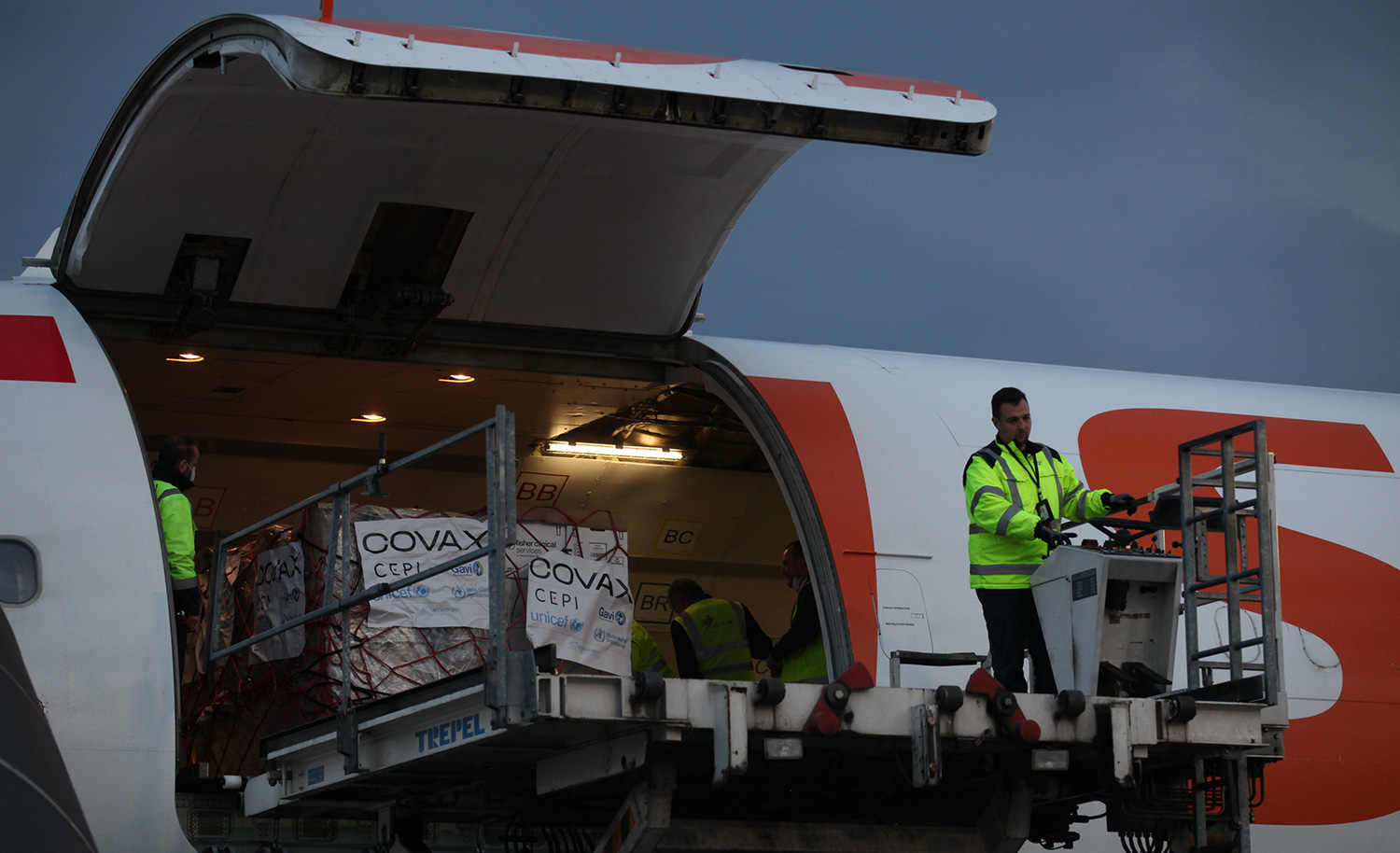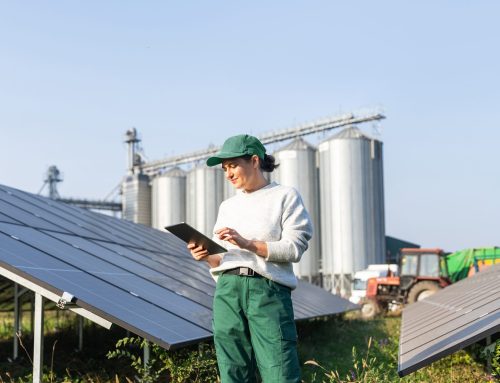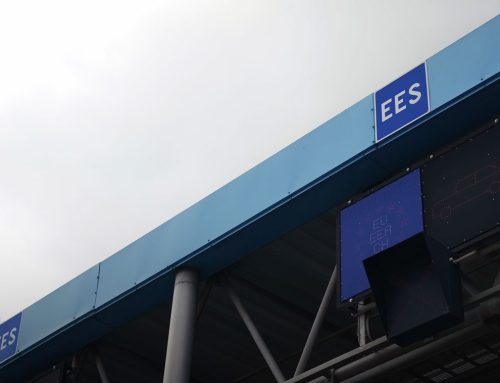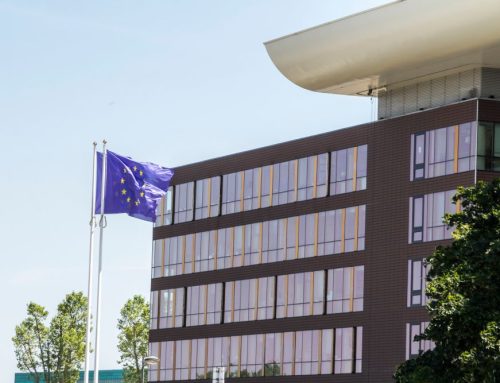57,600 doses of the Astra Zeneca vaccine which Serbia has asked and paid for through the COVAX initiative have arrived in Belgrade. This is the first batch of altogether 295,200 doses which Serbia is meant to receive from the COVAX initiative. Further deliveries are expected soon.
The vaccine was received at Belgrade’s Nikola Tesla airport on Friday evening by Minister of EU Integrations, Jadranka Joksimovic in the presence of Dirk Lorenz, charge d’affaires of the EU Delegation to Serbia, Deputy Director of the WHO Mengistua Abebauehu Asefa and director of UNICEF in Serbia, Deyana Kostadinova.
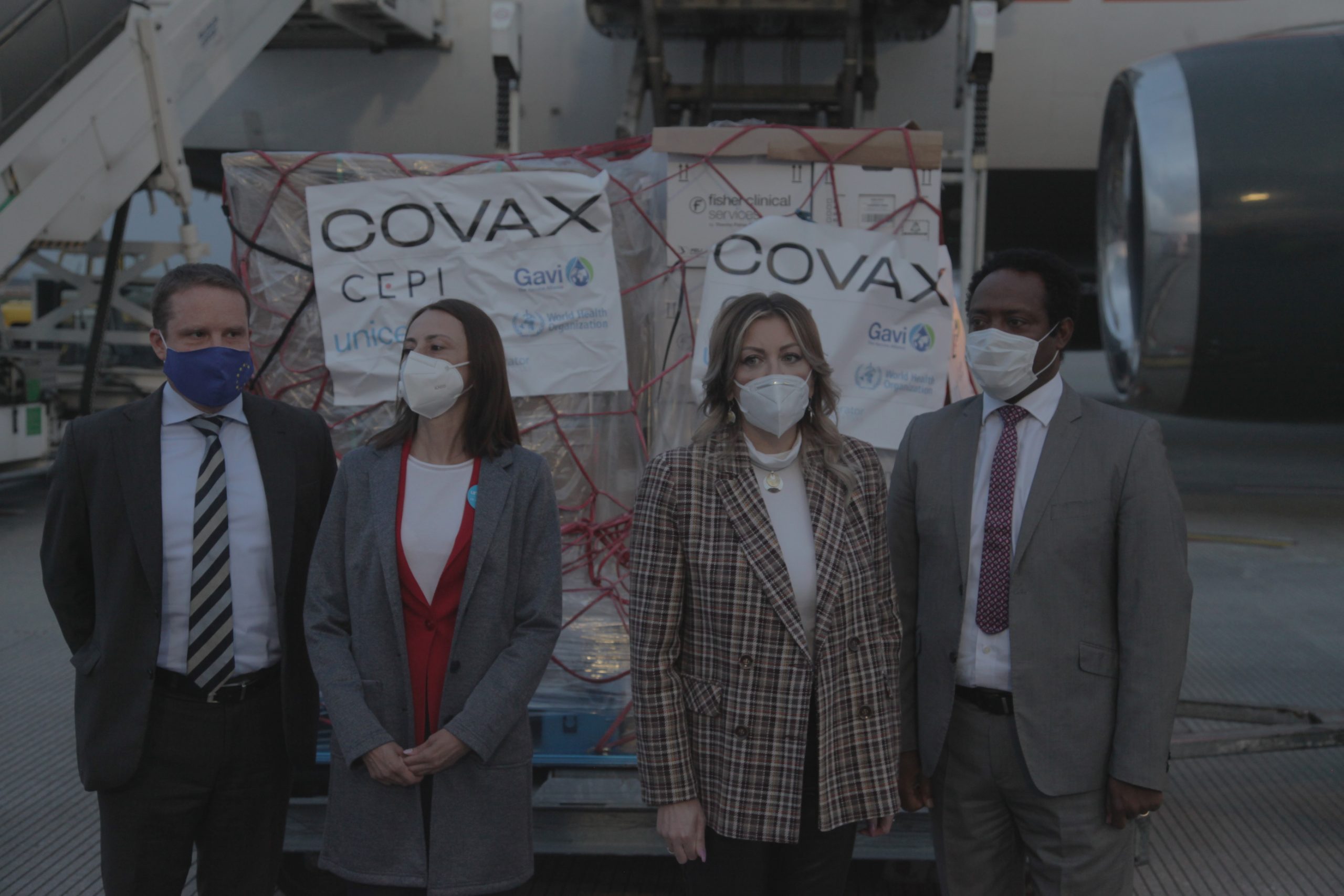
“Serbia has shown that it is a resilient society, a society of solidarity. I think that by helping the region, we have really shown that we are following what is the goal and policy of the European Union, and that is that resilience and the fight against the pandemic can only be achieved in a common way. I really think that this contingent is very important, that it will open the dynamics of tranches for the procurement of vaccines from the COVAX mechanism. I thank all the partners, I also thank them for one coordinated work within the Government”, said Minister Joksimovic.
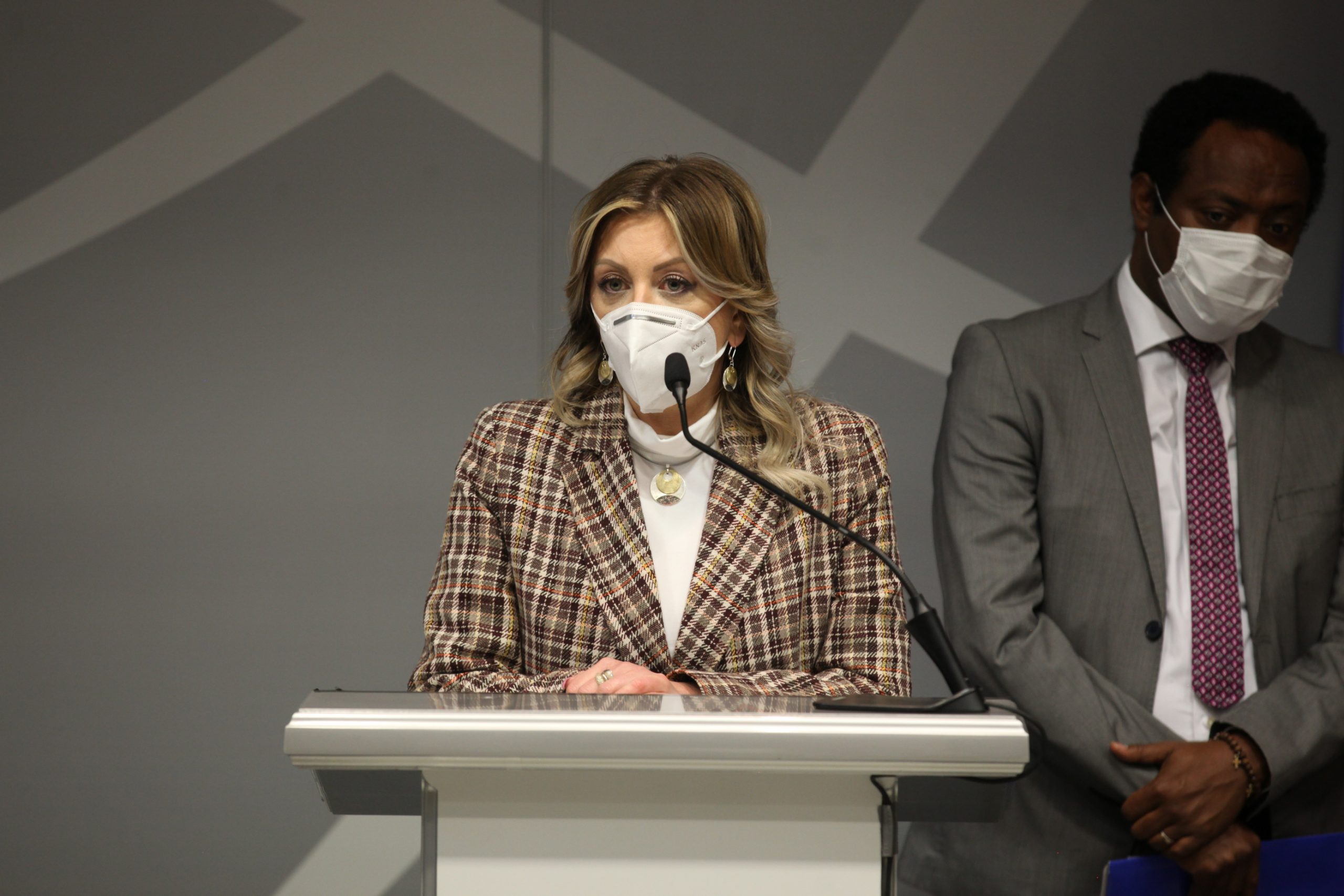
“On behalf of Ambassador Sem Fabrizi, it is my pleasure to be at this ceremony today. We welcome the delivery of COVID-19 vaccines today to Belgrade. Serbia is already well advanced in the vaccination process but the fight is not over. The virus is still spreading, and these doses will help saving lives. The European Union is with its Member States the lead donor to COVAX with 2.2 billion euros pledged globally.
The programme has already delivered over 30 Million vaccines all over the world where it is the most needed, and it is good that it is also reaching Serbia now.
I once again congratulate Serbia for having joined that programme, which organised an equitable distribution of vaccines over the world. This is the solidarity we need: no one is safe until everyone is safe”, Lorenz said.
He also highlighted the fact that the EU has been side by side with Serbia from the beginning of the pandemic by financing transport capacities, equipment and staff to fight the pandemic.
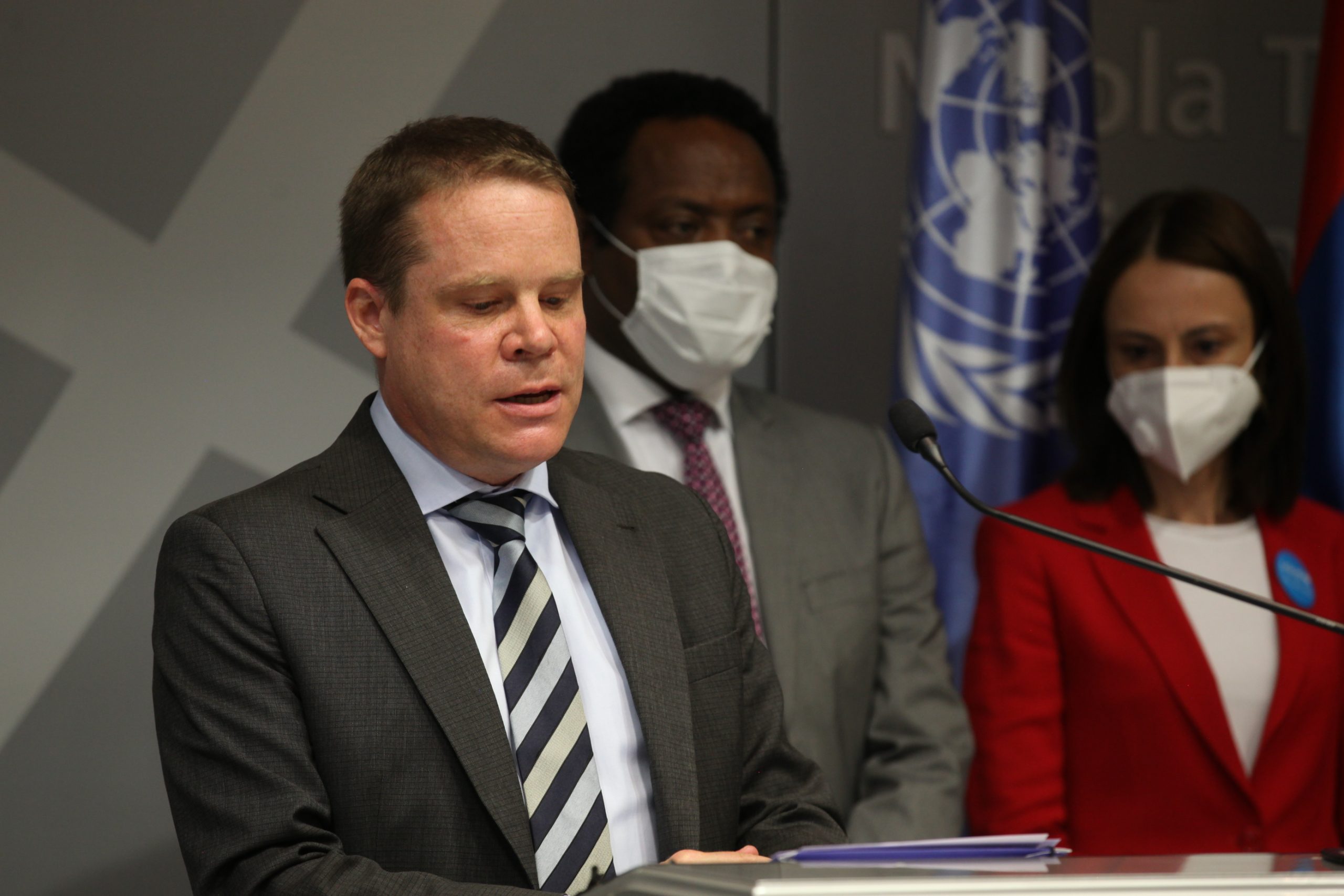
The EU assistance ranges from over 742 tons of protective materials like masks and disinfectants to the donation of ambulances with respirators and the financing of additional 200 health professionals. These nurses and doctors financed by the EU have treated well over thousands of Serbian patients and carried out over hundreds thousand COVID vaccinations in Serbia. The EU also donated 140 triage containers which prevented the spread of the corona virus in health facilities and was a key donor to the health sector in Serbia in a period of over 20 years enabling the construction of hospitals and the modernisation of laboratories and flu vaccination facilities.
With over 200 million in donations and 250 million Euros in favourable credits between 2001 and 2021 the EU is the largest supporter of Serbia’s health sector.
Abebauehu Asefa, deputy director of the World Health Organization, says that through the COVAX initiative, the organization has established a fair system of vaccine distribution, with the support of over 190 countries.
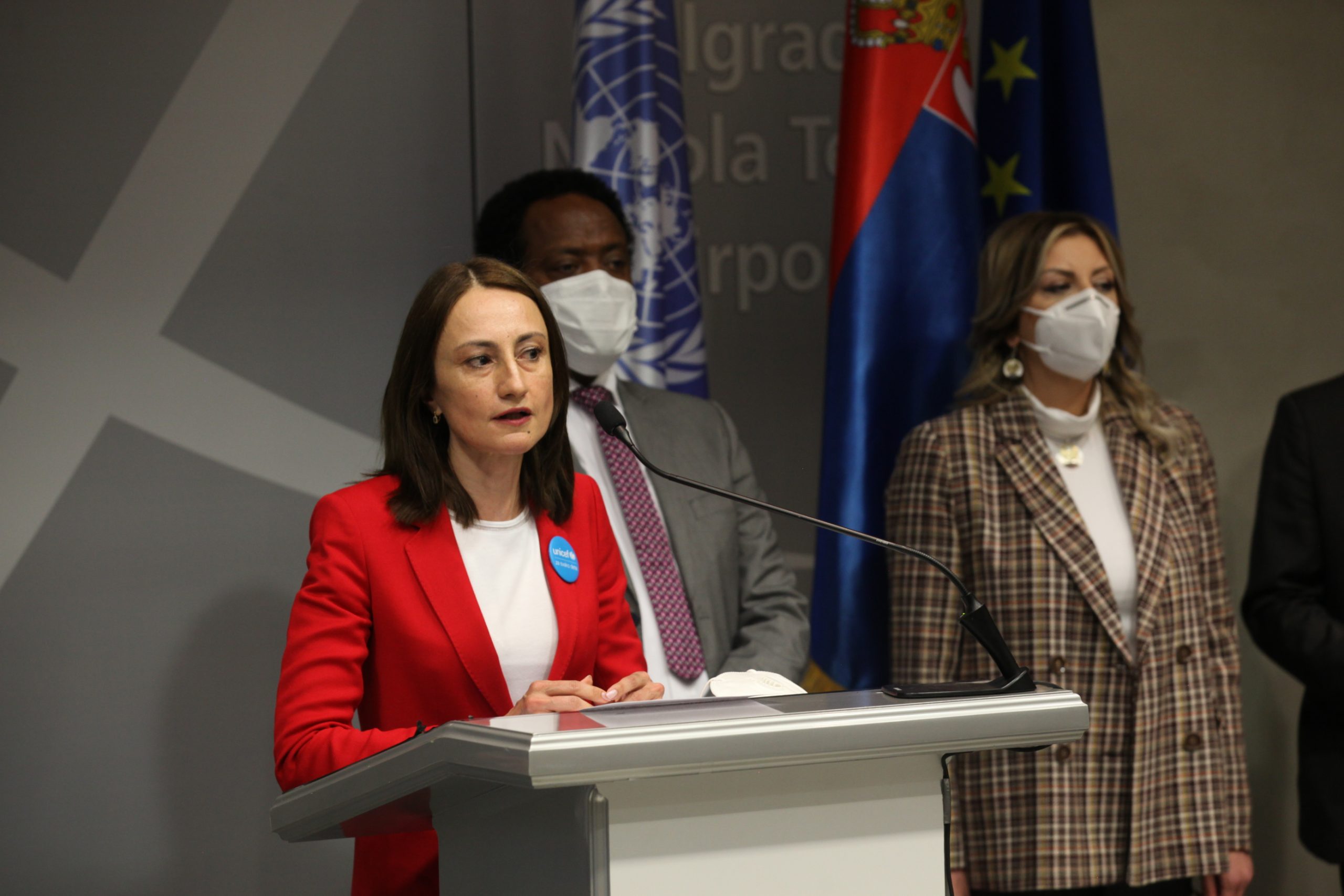
UNICEF Serbia Director Deyana Kostadinova states that the organization was chosen to procure vaccines through the COVAX system because it is the largest single supplier of vaccines in the world and because it has a developed infrastructure around the world with a lot of experience.
COVAX is the vaccines pillar of the Access to COVID-19 Tools (ACT) Accelerator, a global collaboration to accelerate the development, production, and equitable access to COVID-19 tests, treatments, and vaccines. COVAX is co-led by Gavi, the Coalition for Epidemic Preparedness Innovations (CEPI) and the World Health Organisation and UNICEF.
The COVAX Facility aims to purchase 2 billion doses by the end of 2021, including at least 1.3 billion doses for low and middle-income countries. It will help to develop a diversified portfolio of vaccines, negotiated with different suppliers, and covering different scientific technologies, delivery times and prices. The COVAX Facility is a risk-sharing mechanism: it reduces the risk for manufacturers who invest without being sure about future demand, and it reduces the risk that countries would fail to secure access to a viable vaccine.
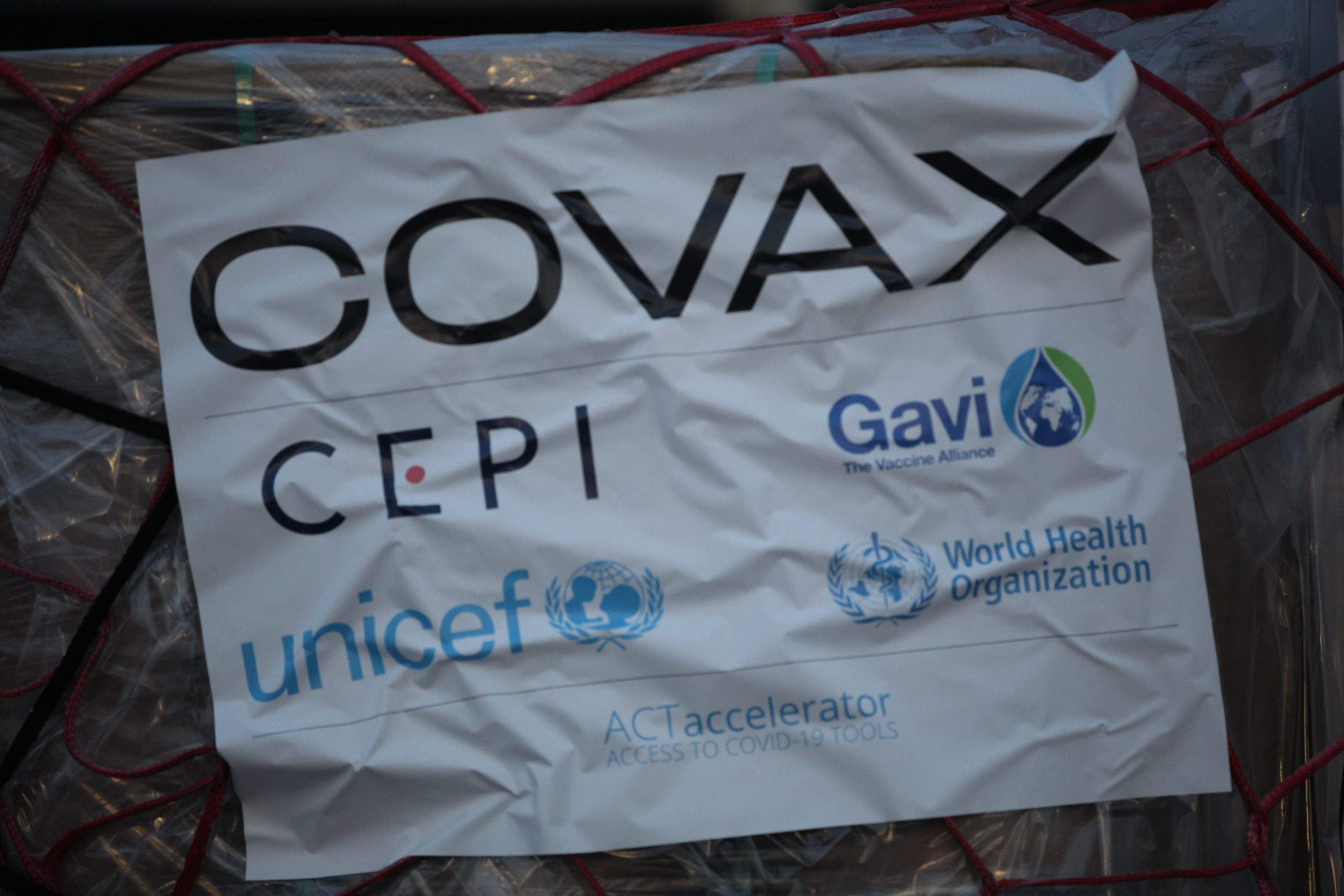
The European Commission is committed to ensuring that everyone who needs a vaccine gets it, anywhere in the world, and to promote global health. This is why together with partners it has helped raise almost €16 billion since 4 May 2020 under the Coronavirus Global Response, the global action in support of universal access to tests, treatments and vaccines against coronavirus and for the global recovery. Team Europe’s contribution was as follows: EU Member States (€3.1 billion), European Commission (over €1.4 billion) and EIB (almost €2 billion pledged in May and €4.9 billion pledged in June).

